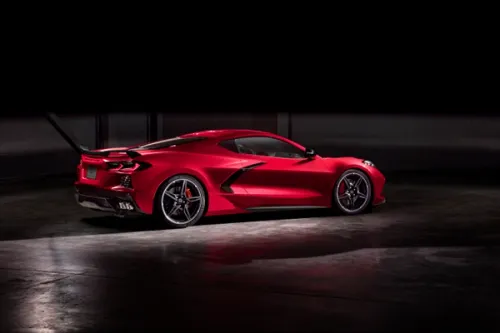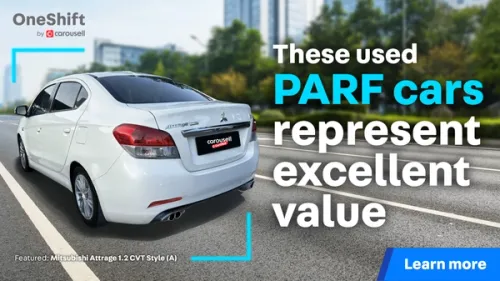The good, bad and ugly of in-car video recorders
Of late, the benefits of installing an in-car digital video recorder (DVR) have been underlined, given a spate of high-profile incidents captured on these devices. However, the popularity of DVRs has prompted more food for thought, especially with regard to its implications on driver behaviour. The good: Handy helper in difficult situations Motorists have been feeling the pinch of costly insurance premiums. Among any population of drivers, there is always the subset of safer pilots. While one would expect them to be involved in the least number of incidents, sometimes they do end up with the shorter end of the straw, losing their no-claim discounts (NCDs) even though nothing could have been done on their part to prevent a collision. An inherent advantage of DVRs is that the footage captured can serve as evidence in the event of an accident, clearing the innocent party of wrongdoing and protecting his/her NCD.

Apart from safeguarding the interests of the driver who purchased it, a DVR can also come to the rescue of others when a crash has been recorded by chance. The infamous accident where a lorry sideswiped a motorcycle on the PIE is still fresh in our minds. Furthermore, video recordings aid accident investigation and speeds up recovery time- they eliminate the need to note down the process of events in words.
The indirect benefit of widespread installation of DVRs comes in the form of heightened citizen surveillance. Motorists are now subjected to public scrutiny through these ‘invisible eyes’. Previously, “forgive and forget” was a common mantra, since there was no way to obtain proof that an inconsiderate motorist had incurred one’s wrath through a piece of poor driving. Now, if someone drives rashly and it happens that the other vehicles passing by are equipped with DVRs, he/she can expect to be in for a tsunami of online criticism. The prospect of legal punishment is a yet another factor which might deter motorists from dangerous driving. Only few clicks are needed before a video is uploaded for everyone to see. Armchair critics are in for a field-day.
However, all is not as simple as it appears. Just over a month ago, I had a close encounter on a ride home in a cab along South Bridge Road. Ahead of us, two vehicles were stationary on the second lane from the right. Apparently, another taxi had caused a car behind it to come to an abrupt stop after a passenger flagged for it. The driver of the cab which I was on filtered to the extreme lane and maintained his speed, only applying his brakes when the other taxi nearly swerved into us. All the passengers on board had a big scare, but my cab driver remarked in Mandarin: “No worries, I have everything captured in this if there is an accident”.
As demonstrated by this incident, it seems as if having an in-vehicle DVR could give drivers a false sense of confidence and encourage risk-taking behaviour, even though defensive driving would have reduced the likelihood of any accidents in the first place.
Here’s a thought experiment: What if a driver whose car is fitted with a DVR carelessly collides with a cyclist on a quiet road late at night? The very tool that is supposed to help him has turned against him. It is now of his interest to delete the video clip. Presently, there is no legal obligation for drivers to make the recorded footage available to other parties when an accident happens. Ethics come into play, and not everyone may own up to their mistakes. Also, if a DVR records an accident where the driver of the vehicle of which it was fitted to was at fault (and the other parties involved do not have DVRs), the onus is on him to surrender the incriminating evidence. Could it be that it will soon put motorists at a great disadvantage if their vehicles are not equipped with a ‘third eye’?
Personally, I would not want the situation to go down the road where a ‘me-first’ mentality takes precedence. Instead of sharing information for the greater good of all road users on a whole, everyone’s primary goal is fixated on protecting himself/herself.
All in all, the trend of installing DVRs on vehicles comes with drawbacks besides its distinct advantages. Just like when the Internet first became available to the masses, it has opened a potential can of worms. The need for proper measures to safeguard the interests of vulnerable parties is an urgent one. Yet, it remains tricky to tread the thin line between what is private and what isn’t.
Other Articles:
- Volkswagen presents new Gold GTI at Geneva motor show
- Renault Megane Renault Sport 2010, Ford Focus ST 2.0 2012 Review
- Land Rover Freelander 2 Si4 HSE 2013 Review
Credits:


Get the Best Price for your used car
from 500+ dealers in 24 hours

- Convenient and Hassle-Free
- Consumer Protection
Transparent Process
With No Obligation








